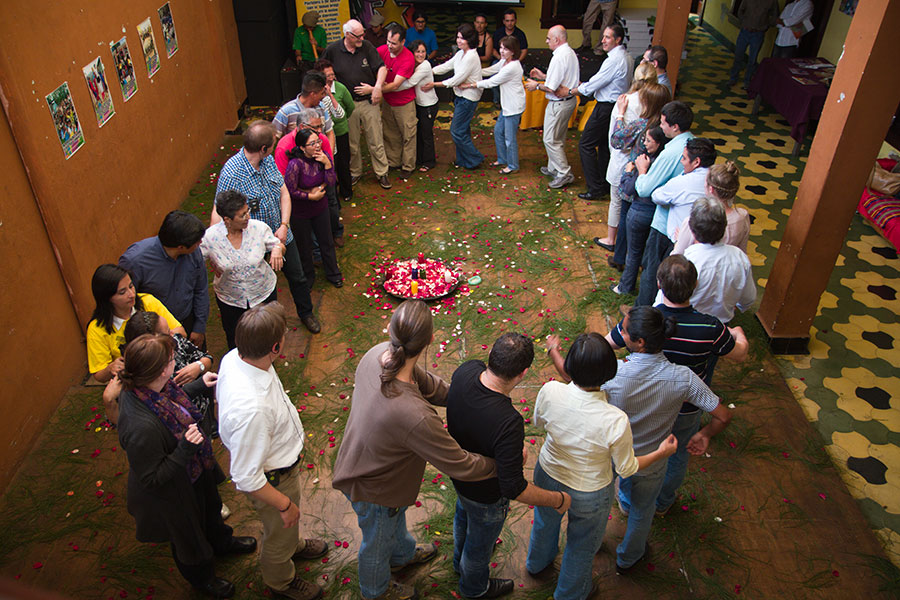Strengthening peace through 'resilience' in the 2030 Agenda for Sustainable Development
The 2030 Agenda for Sustainable Development is based on extensive work of states, multilateral organizations and civil society organizations, that will guide international development policies of the next fifteen years. The attention now shifts to the design and implementation of national level development plans and policies that will enable countries to meet these goals.
The inclusion of Goal 16, as well as the upholding of peace as a cross-cutting theme in the SDG framework, in principle represents the long awaited mainstream of peace into the development discourse. Goal 16 seeks to: “Promote peaceful and inclusive societies for sustainable development, provide access to justice for all and build effective, accountable and inclusive institutions at all levels.” However, there is still little clarity on how this might be operationalized.
This brief proposes that a resilience orientation to peacebuilding can help countries meet the “peace goal” of the SDGs, as well as providing a vehicle for integrating this universal aspiration with the other Goals of the 2030 Sustainable Development Agenda. It draws on evidence collected over the course of Interpeace’s Framework for Assessing Resilience (FAR) Programme including pilot research in Timor-Leste, Guatemala and Liberia.

